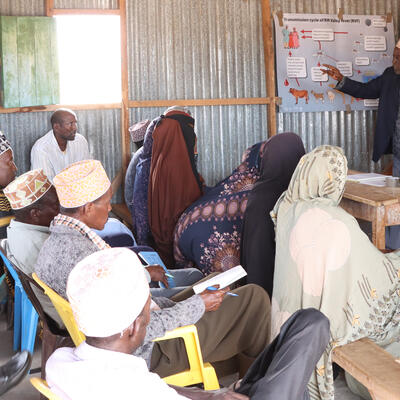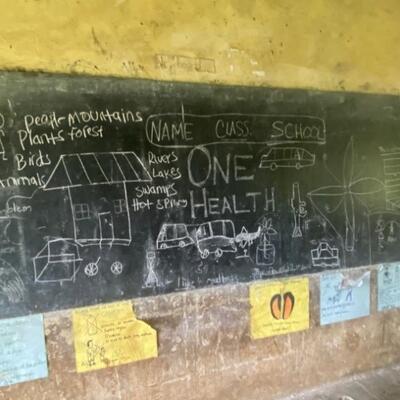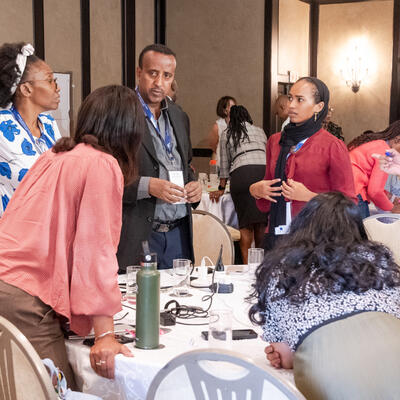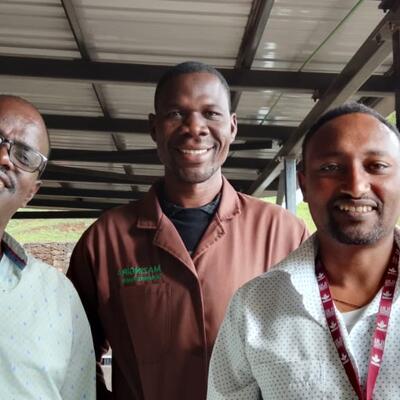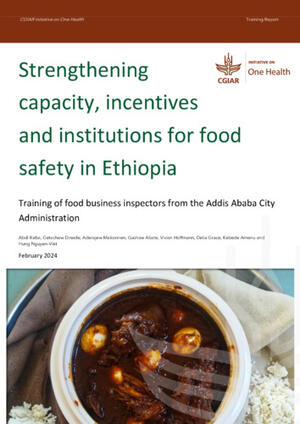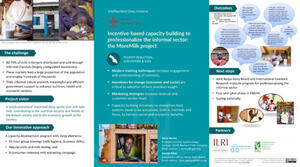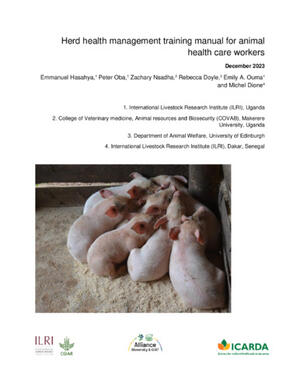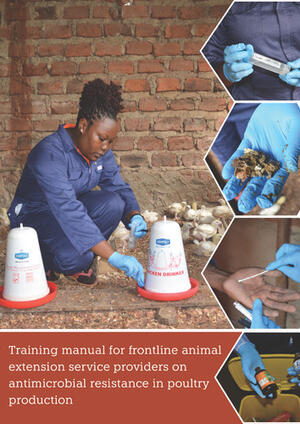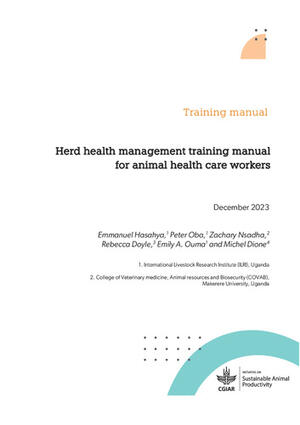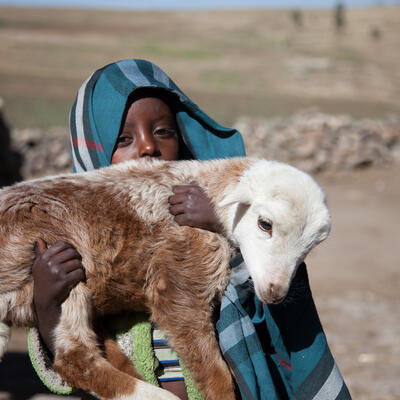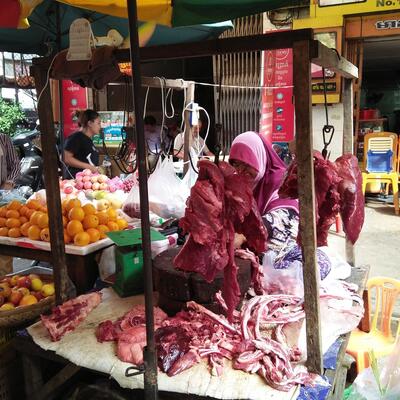
Empowering researchers to undertake gender responsive agricultural research in Ethiopia
 Group photo with gender focal persons (EIAR/Semu Nigus).
Group photo with gender focal persons (EIAR/Semu Nigus).
Following a successful three-year gender capacity development initiative by the International Livestock Research Institute (ILRI) and the International Centre for Agricultural Research in the Dry Areas (ICARDA) for Ethiopian research and development partners, the Ethiopian Institute of Agricultural Research (EIAR) has shown great interest in scaling up the approach.
In 2017, the International Maize and Wheat Improvement Center (CIMMYT), with support from ILRI and ICARDA, led a gender audit of EIAR in Addis Ababa, Ethiopia, to assess gender mainstreaming in the organization and its capacity to conduct the same.
The capacity assessment component of the audit showed an absence of capacity to adequately mainstream gender at the workplace and in research, and a lack of capacity to conduct qualitative studies with a gender lens. Some of the audit findings revealed negative attitudes towards gender equality, norms of behaviour (e.g. facing ridicule when raising gender issues), and a lack of technical and leadership support.
It was evident that the gender focal people at EIAR, who are generalists that dedicate 20–50% of their time to gender mainstreaming, are not adequately trained or resourced. Few staff felt they had the knowledge or skills to work with gender tools, and some of those who had been trained did not feel they could implement what they have learnt.
As part of efforts to address the issues raised in the gender audit report, EIAR organized a seven-day staff training workshop in August 2018 which focused on addressing the identified gender capacity needs among researchers and top management. A total of 24 gender focal persons were trained.
Participants in various sessions of the training (EIAR/Semu Nigus).
The workshop was organized into two phases. The first phase focused on gender responsive research (Aug 22–24) and aimed at empowering the gender focal persons to undertake gender responsive research and train colleagues to do the same. Twelve EIAR’s gender focal persons (5 females and 7 males) from the institute’s agricultural research centers (ARCs) were trained. Kristie Drucza (CIMMYT), Annet Mulema (ILRI) and Muluenesh Tsegaye (CIMMYT) conducted the training. A training facilitation guide was also prepared to help the trained gender focal persons cascade the training to other staff of the research centres.
The second phase targeted wheat breeders and gender focal persons who were taught participatory plant breeding methodologies with a gender lens (Aug 28–31). This phase was attended by the 12 gender focal persons from the first phase and 12 wheat/maize breeders (1 female and 11 males) from 12 EIAR ARCs. This training was given by Eva Weltzien a plant breeder formerly with ICARDA. Participants came from the following EIAR research centres: Werer, Debre Zeit, Jimma, Holetta, Kulumsa, Chiro, PAWE, ASOSA, Melkasa, Sinina, Ambo, and Fogera National Rice Training Center.
Participants of the gender and breeding workshop (EIAR/Semu Nigus).
Although funded by the German Federal Ministry for Economic Cooperation and Development (BMZ)’s Understanding Gender in Wheat-based Livelihoods program (implemented by CIMMYT), this workshop was a cross-CGIAR capacity building initiative that also included contributions from Mamusha Lemma, ILRI’s capacity development specialist, and Wole Kinati, a gender specialist at ICARDA.
EIAR’s director general, Mandefro Nigussie opened the training workshop and emphasized the importance of gender mainstreaming to the institute and the deputy director general, Diriba Geleti, reiterated this sentiment when he closed the training. CGIAR will continue to support EIAR with capacity building as it transitions to a gender responsive research institute.
See related output:
Gender capacity assessment and development methodology and tools: The case of Ethiopia
Enhancing gender capacity in the CGIAR Research Program on Livestock
Overall gender capacity report on the gender capacities of CGIAR Livestock and Fish program partners in Ethiopia, Uganda, Tanzania and Nicaragua
Contributors: Annet Mulema, Kristie Drucza Mamusha Lemma and Wole Kinati.









